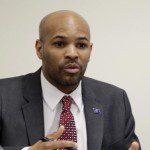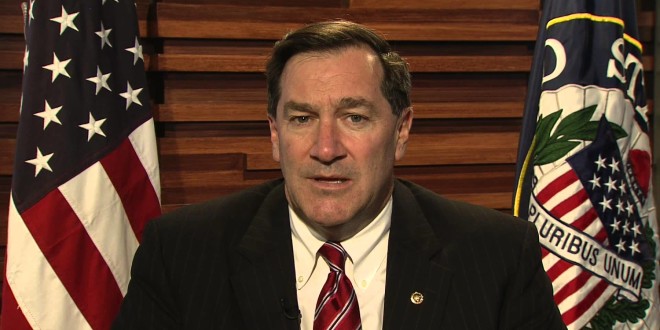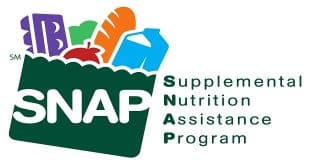
Washington, D.C. – During a Senate Aging Committee hearing, U.S. Senator Joe Donnelly yesterday discussed the opioid abuse and heroin use epidemic that is devastating communities and families in Indiana and across the country. Donnelly, who helped lead the hearing with Chairman U.S. Senator Susan Collins (R-ME), invited Dr. Adams to testify before the committee. Donnelly also asked Dr. Adams about prescriber and provider practices as well as treatment and behavioral health access for Hoosiers particularly in rural communities.
In questioning Dr. Adams, Donnelly said, “You mention you’ve heard from prescribers who say that prescribing guidelines or best practices are a helpful tool because they empower prescribers to decide not to prescribe opioids when they feel opioids are not the best or safest option for a patient. In your experience, how do we best engage the prescriber community to ensure they are actually adopting existing guidelines or best practices for opioid prescribing?”
Dr. Adams responded, “To your point, engaging the provider community, making it part of standard practice, both we pay you for and we evaluate you based on how you’re responding to this opioid epidemic and are you prescribing appropriately. Integration of prescription drug monitoring data into routine workflow. Doctors want to do the right thing, we just got to make it easy for them to do the right thing and not have to log into five different computers to find out whether or not this patient is prescribing. Prescriber report cards which give feedback to providers, and also linking overdose deaths back to prescribers. You would not believe how many prescribers we talk to who had no clue that the patient they’ve been prescribing to died and died because of the opioids that they prescribed. There is no feedback loop in there. So as we talk about prescription drug monitoring programs, we need to talk about making them easy, meaningful for providers to use and giving them feedback on a regular basis, because a lot of times they think they’re doing the right thing, they just don’t know, they really don’t know.”
During the hearing Donnelly also talked about the need to work together to combat opioid abuse, which has impacted everyone from families, to children, to seniors.
Donnelly said, “We must utilize and leverage every possible tool to address the opioid abuse and heroin use epidemics. That’s the approach we have taken: working on a legislative solutions, collaborating with federal partners, our state, law enforcement, public health officials, prescribers, and community stakeholders…
“…We have a lot of work to do – particularly on raising awareness on this growing public health crisis, enhancing prescriber best practices, expanding access to treatment, and increasing access to overdose reversal options like naloxone for emergency personnel.”
Donnelly has been working for more than two years to address the opioid abuse and heroin use epidemics in Indiana and across the country. He has listened to Hoosiers, introduced bipartisan legislation, partnered with federal, state, and local officials, and brought together stakeholders. Donnelly reintroduced the bipartisan Heroin and Prescription Opioid Abuse Prevention, Education, and Enforcement Act with Senator Kelly Ayotte (R-NH) in April 2015, which focuses on several key areas including enhancing training and education for prescribers; hosted a bipartisan roundtable discussion at IUPUI with U.S. Representative Susan Brooks (IN-05), Indiana and federal health officials, doctors, and pharmacists, including Dr. Adams, to hear a range of perspectives about best practices to help curb the opioid abuse epidemic; and made recommendations to the Governor’s Drug Task Force, providing suggestions for short- and long-term responses to Indiana’s addiction problems. Recently the Comprehensive Addiction and Recovery Act (CARA) passed out of the Judiciary Committee, which includes provisions similar to the legislation that Donnelly and Ayotte introduced. CARA is expected to be considered by the full Senate in the coming weeks.






